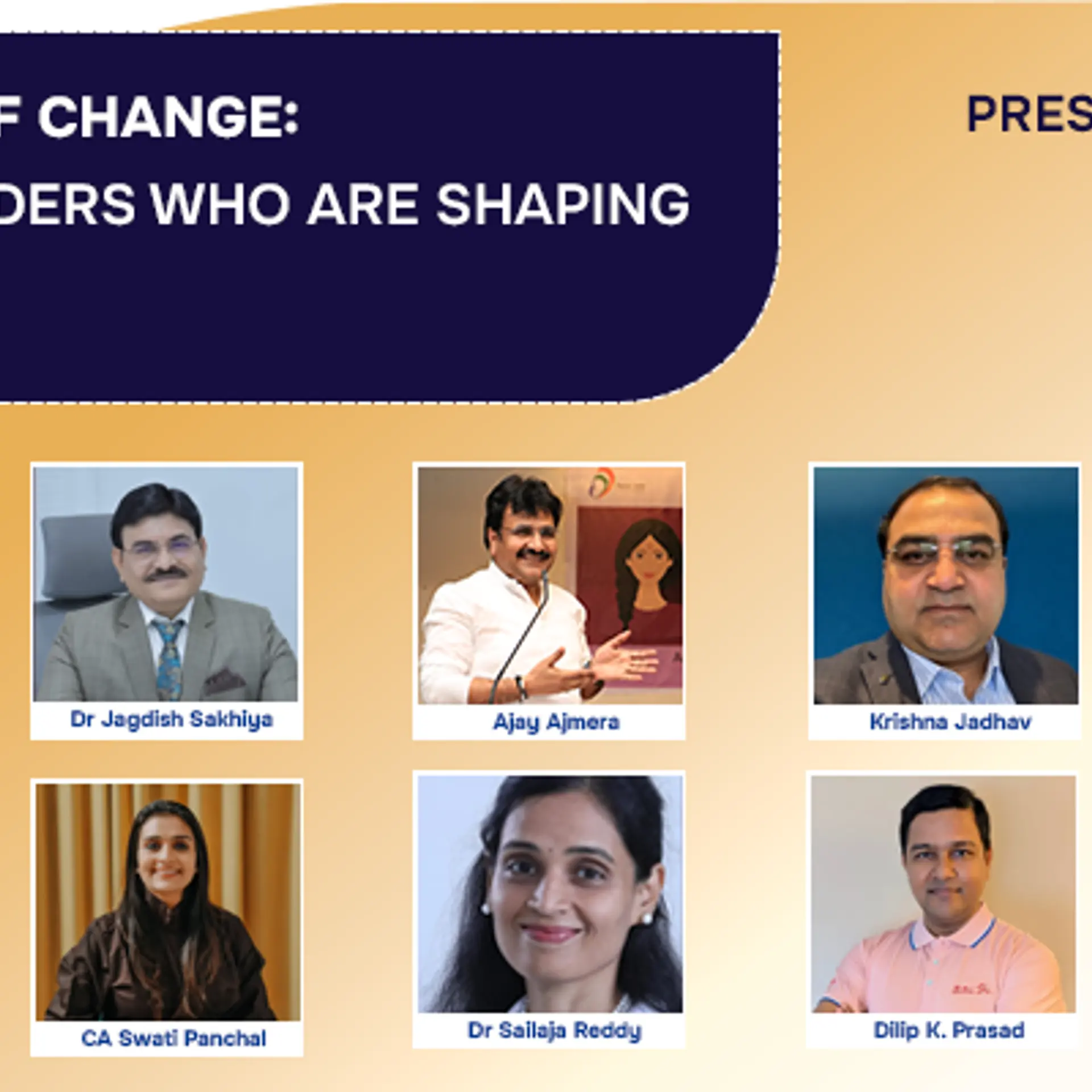Obesity in young Indians: What does it mean for their overall wellbeing?
The impact of obesity is more far-reaching than just bodily implications. Obesity increases vulnerability to mood-linked disorders, anxiety, and lower self-esteem.
India is one of the fastest-growing economies in the world. Owing to a population whose median age is 28 years, our country is home to one of the world’s youngest populations.
Unfortunately, although India grows remarkably, the vigour of this young workforce is dulled down by lifestyle-induced diseases, primarily — obesity.
As per the World Health Organisation (WHO), an individual whose Body Mass Index (BMI) exceeds 25 or more is overweight, and a BMI of over 30 is obese. Although, these criteria have been lowered by three points for Asians, given the excess, visceral, and more-risky obesity among them.
Beyond the BMIs and the weighing scale figures lie a host of non-communicable diseases (NCDs) arranged in a ‘domino’ fashion. Obesity sets them into motion—inviting the risk of diseases, including stroke, heart attack, sleep apnea, diabetes, and even forms of cancer. Sedentary lifestyles, over-dependence on technology, and high-pressure jobs cause obesity.

The COVID-19 pandemic saw a significant increase in the national obesity average. Inactivity and poor diet, however, is not the only cause. Hormones, environment, heredity, and psychological and emotional factors are also contributing risk factors.
A study published in 2021 by Sage Journals indicates a 40% prevalence of obesity across the population, with higher figures observed among women and urban dwellers. Since 2012, obesity in urban adults has been on a constant rise.
Every seven in 10 people in the coming decade will be at risk for obesity, according to the World Obesity Federation. Such figures have flagged obesity as a pressing concern on the public health and welfare agenda.
The Indian government has put together action plans to combat, prevent, and control the rise of non-communicable diseases in the country with initiatives such as the National Monitoring Framework and Action Plan for Prevention and Control of Non-Communicable Diseases (NPCDCS), subsidized nutrition programmes, and conventions on Prevention of Maternal, Adolescent, and Childhood Obesity by the NITI Aayog.
The National Family Health Survey (NHFS-5) suggests that about 38.6% of people from higher income groups had obesity and related NCDs. Obesity is no longer a wealthier nations’ issue. Most developing and underdeveloped countries are steadily becoming exposed to risk, and there is a direct correlation between age, income groups, and lifestyles.
The forthcoming years are the peak of India’s demographic dividend, given a young population. The increasing rate of obesity and non-communicable diseases pose a hindrance to the country’s growth trajectory. Before being weakened as an economy, it is crucial to prevent and control the growth rate.
Studies have shown that if one parent is obese, the child has a 25% risk of being obese. While if both parents are obese, this risk is almost 50%.
The culprits behind this silent epidemic are a combination of genetic and environmental factors, including stress, anxiety, decreased work-life balance, insufficient physical activity, inadequate nutrition, increased consumption of processed and convenience foods (processed meat products), pollution, and lack of medical infrastructure.
The impact of obesity is more far-reaching than just bodily implications. Obesity increases vulnerability to mood-linked disorders, anxiety, and lower self-esteem. Adolescents suffer the most from body image issues and have disturbed interpersonal relations.
Prevention and control are a combination of choices. Firstly, eating balanced diets with adequate nutrition. One can start by including healthier food options like whole fruits and vegetables, nuts, and seeds in their diet.
Regular physical activity and sufficient rest are complementary to nutrition. Limiting sedentary activity and reducing screen exposure are effective ways.
Professionally consulting with a dietitian or nutritionist to draw up sustainable diet and workout plans is a recommended solution. One can seek behaviour therapy if the root of the problem is psychological.
Medication is now available to help treat mild obesity. Some patients maybe suitable for endoscopic procedures like inserting an intragastric balloon or endoscopic sleeve gastroplasty in mild obesity.
In moderate to severe cases of obesity, especially when obesity-related problems set in, surgical options can be availed—with a BMI of 32 and above with obesity associated health conditions. These procedures are performed using key hole or laparoscopic surgery (inserting a camera and instruments through small incisions). Options for bariatric surgery include gastric bypass, sleeve gastrectomy, biliopancreatic diversion, etc.
Individuals can also volunteer for initiatives and drives focused on public health, wellness, and nutrition to increase public awareness and participation. Marathons and community-building exercises are good ways to invite participation from children.
On the corporate front, companies can provide healthier food options for their employees in the office cafeterias. They can also arrange sporting events to promote an active lifestyle.
Obesity and related diseases pose a significant threat to us. Prevention and control are not isolated; the effort demands participation from the government, the corporate, and the citizens. Increased awareness with prompt execution is the panacea in India’s fight against obesity.
First and foremost, however, there needs to be an effort to recognise obesity as a chronic health condition, remove the stigma around it, and seek appropriate help timely.
Edited by Suman Singh
(Disclaimer: The views and opinions expressed in this article are those of the author and do not necessarily reflect the views of YourStory.)






